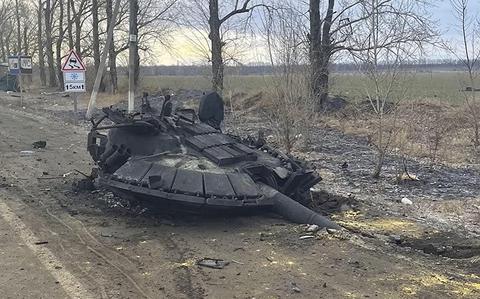In August 1945, the four major Allied powers therefore signed the 1945 London Agreement, which established the IMT. The following additional countries subsequently “adhered” to the agreement to show their support: Australia, Belgium, Czechoslovakia, Denmark, Ethiopia, Greece, Haiti, Honduras, India, Luxembourg, the Netherlands, New Zealand, Norway, Panama, Paraguay, Poland, Uruguay, and Yugoslavia.
The Charter of the International Military Tribunal (or Nuremberg Charter) was annexed to the 1945 London Agreement and outlined the tribunal’s constitution, functions, and jurisdiction. The Nuremberg tribunal consisted of one judge from each of the Allied powers, which each also supplied a prosecution team. The Nuremberg Charter also provided that the IMT had the authority to try and punish persons who “committed any of the following crimes:”
- (a) Crimes Against Peace: namely, planning, preparation, initiation or waging of a war of aggression, or a war in violation of international treaties, agreements or assurances, or participation in a Common Plan or Conspiracy for the accomplishment of any of the foregoing;
- (b) War Crimes: namely, violations of the laws or customs of war. Such violations shall include, but not be limited to, murder, ill-treatment or deportation to slave labor or for any other purpose of civilian population of or in occupied territory, murder or ill-treatment of prisoners of war or persons on the seas, killing of hostages, plunder of public or private property, wanton destruction of cities, towns, or villages, or devastation not justified by military necessity;
- (c) Crimes Against Humanity: namely, murder, extermination, enslavement, deportation, and other inhumane acts committed against any civilian population, before or during the war, or persecutions on political, racial, or religious grounds in execution of or in connection with any crime within the jurisdiction of the Tribunal, whether or not in violation of domestic law of the country where perpetrated.
The IMT prosecutors indicted twenty-two senior German political and military leaders, including Hermann Goering, Rudolph Hess, Joachim von Ribbentrop, Alfred Rosenberg, and Albert Speer. Nazi leader Adolf Hitler was not indicted because he had committed suicide in April 1945, in the final days before Germany’s surrender. Seven Nazi organizations also were indicted. The prosecutors sought to have the tribunal declare that these organizations were “criminal organizations” in order to facilitate the later prosecution of their members by other tribunals or courts.







